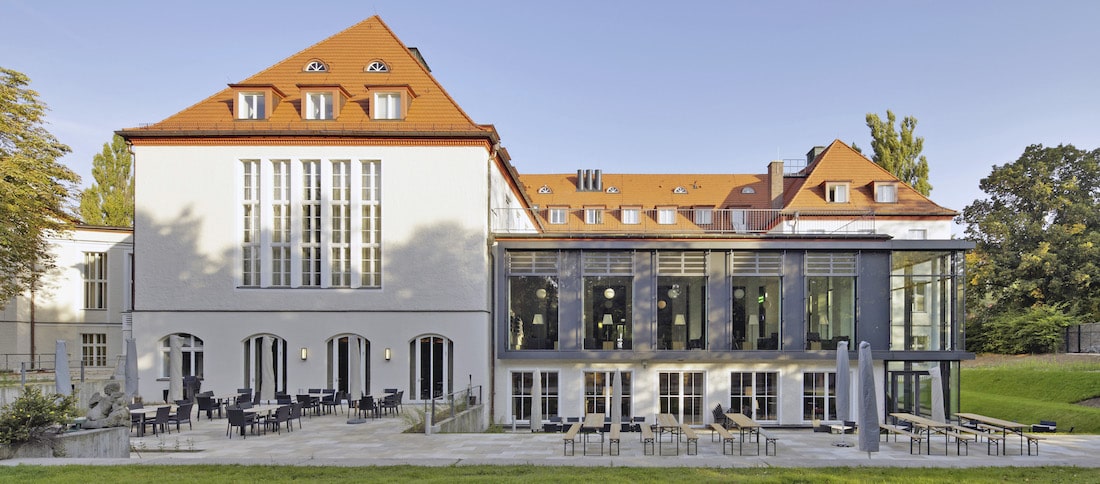The second Max Planck Law Conference, now an annual event, was expected to take place in its usual venue, Harnack House, Berlin. In response to the worsening COVID-19 situation, the organizers, Professor Russell Miller and Dr Gilbert Leung, moved the event online. With over 100 participants all of whom were able to actively engage at different levels, the move online proved to be a great success.
Session one: Professor Stefan Vogenauer, Chair of Max Planck Law, opened proceedings. Professor Miller then provided an overview of proceedings for the next two days. This first session focused on Max Planck Law’s centralized activities with presentations by Professor Miller on the Curriculum, Dr Leung on Communications and the ‘Impacts‘ series, Professor Vogenauer and Professor Jens M. Scherpe on the Cambridge Exchange (Research Partnership), and finally Dr Augustìn Casagrande on Forum Latin America.
Session two was devoted to Max Planck Law’s decentralized activities. To this end, a number of doctoral and postdoctoral researchers from across the Max Planck Law network presented proposals and initiatives:
Dr Jenifer Trinks presented her proposal for ‘Max Planck Law @ PhD Net‘, a platform for PhDs to engage with colleagues from other Institutes and receive feedback on their current projects from different interdisciplinary perspectives.
Dr Felix-Anselm van Lier and Ms Alexandra Woods presented their proposal for the ‘Max Planck Law-Technology-Society‘, a hub for the exchange of ideas on common themes, concerns, and challenges raised by the complex and interdependent relationships between law, technology, and society.
Mr Faris Nasrallah presented his idea for the ‘Arbitration Group‘, which aims at combining and pooling the existing expertise international arbitration across the Max Planck Society.
Dr Victoria Barnes , Dr Amber Maggio , and Ms Zeynep Yazici Caglar (Frankurt) proposed the setting-up of the ‘Minerva LAW network‘, a space to discuss matters relating to gender and the law, and for bringing female legal researchers in the Max Planck Society together with leaders in order to spark innovative and engaging discussions about career development.
After the presentations, conference attendees entered breakout rooms hosted by the presenters, with each room representing one project or initiative, to register their interest and for further discussions.
The final session of the day was led by Dr Jasper Kunstreich , who presented a fascinating history of law research in the Max Planck Society, a rich heritage that underlies what we see today as Max Planck Law.

